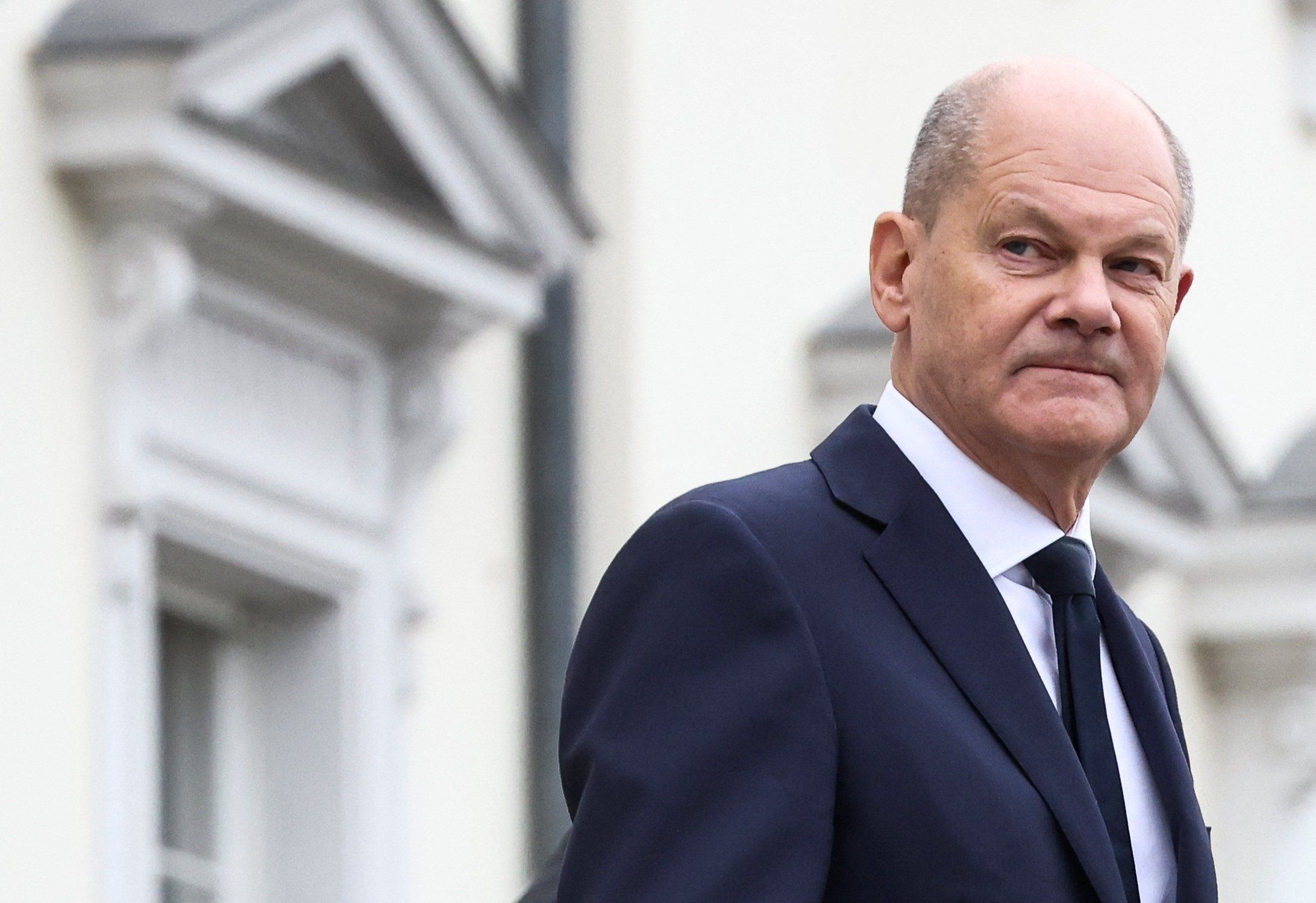Germany’s governing coalition collapsed on Thursday after Chancellor Olaf Scholz fired Finance Minister Christian Lindner, head of the pro-business Free Democrats and a linchpin in his majority, likely spurring a vote of confidence.
Germany is struggling in the aftermath of Russia’s invasion of Ukraine, which has sent energy prices skyrocketing, upped defense spending, and brought in 1.5 million Ukrainian refugees. Lindner wanted to spur the economy through tax cuts paid for by slashing social programs and climate change targets, while Scholz pushed for loosening the spending limit.
Scholz’s “traffic-light coalition” has governed Germany since 2021, but internal tensions have been rising for weeks over the 2025 budget amid a second consecutive year of no economic growth. Now, without a majority, his coalition must rely on individual votes from other parties to pass laws until an election is held.
“The big question about this vote of confidence is not the result but the timing,” explains Eurasia Group’s Europe director, Jan Techau, who says the opposition party will try to pressure the vote to happen as soon as possible, though Scholz will try to hold off until at least January.
“It is clear that Scholz will lose the vote. The entire purpose of the vote is to lose it, thereby clearing the way for elections,” says Techau. How Scholz will fare in elections is unclear but will hinge on issues of migration, pensions, cost of living, and the war in Ukraine.
